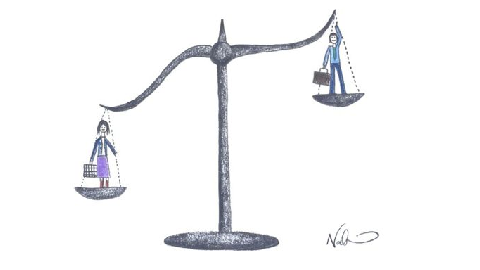The UAB to strengthen gender equality in governance

18/04/2017
By signing the EGERA Charter, the UAB commits to strengthening gender equality in governance in the university. Governance in higher education institutions refers, as the Charter establishes, to “legal frameworks, institutions, structures, processes, actors and practices through which research organizations and universities are governed and managed”, which include “scientific, educational, financial and human resources management, as well as decision-making mechanisms.” Research evaluation processes are also regarded as inherent part of the institution governance mechanisms.
The EGERA Charter for Gender Sensitive Research results from the European project EGERA —Effective Gender Equality in Research and the Academia— in which the UAB participates as preferred partner, thanks to the Observatory for Equality. The text was proposed by Science Po, the coordinating institution, whereas the final version has received feedback from all partner universities, who are also committed to sign it.
This commitment includes the promotion of measures to address the underrepresentation of women in accessing senior and decision-making positions, and to tackle gender bias in recruitment and management processes and in performance indicators for the evaluation of research units, among others. Some of these agreements are guaranteed at UAB as gender equality is envisaged in key internal regulation, such as the Statutes and the Third Action Plan for Gender Equality between women and men UAB (2013-2017).
It is important to remember that one of the very first measures approved on 27 September 2016by the current Governing Team was the Model and prioritisation criteria for positions of professor and associate professor. The criteria establish that maternity and paternity leaves need to be taken into account in priorisation rosters and that there should be reserved positions for women and for people with disabilities.